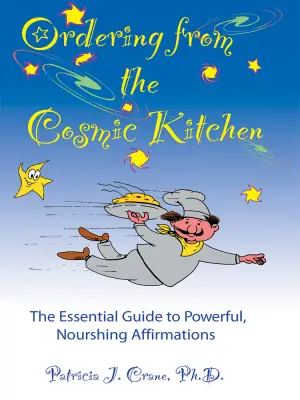As a dedicated reader with a keen interest in personal development, I recently dove into The Compound Effect by Darren Hardy. The premise of the book intrigued me, especially the focus on how small, consistent actions accumulate over time to yield significant results. I was eager to explore Hardy’s strategies for achieving extraordinary success and how they might apply to my own life.
From the outset, I found Hardy’s approachable writing style to be one of the book’s strong points. Each chapter is filled with actionable advice that feels less like theory and more like a practical guide. The content is straightforward, and Hardy provides tools—including worksheets—to help readers apply his concepts to their own goals. This aligns well with what many other readers highlighted. For instance, I resonated with latrivia guinn’s sentiment of the book being both powerful and enlightening; indeed, it felt like a mini-workshop disguised as a book.
One of the most profound aspects that stood out to me is the focus on daily habits and choices. Hardy emphasizes how every small decision contributes to long-term outcomes, echoing Roger Ackroyd’s note about the significance of seemingly minor choices. I found this idea to be both refreshing and motivating. It made me reflect on my own habits and consider how I might optimize my daily decisions for better results.
However, while I appreciated the clarity of Hardy’s messages, I also encountered some drawbacks. One critique I’ve seen mirrored by others is that the principles seemed overly simplistic at times. Some readers felt that many concepts could easily be condensed into fewer pages, which made parts of the book feel repetitive. This sentiment aligns somewhat with the view of a few readers who believed that the book could have been more concise without losing its core messages.
Another aspect worth mentioning is the author’s background. Becca’s Fierce Finds noted that some might wish for a more compelling personal story from Hardy. While his insights are valuable, knowing where he came from adds depth, and I couldn’t help but feel that more relatability would enhance the book even further. After all, many readers are drawn to personal development stories that include overcoming adversity, and Hardy’s journey doesn’t exactly fit that narrative, which may lessen its impact for some.
Despite these minor critiques, I truly believe that The Compound Effect offers valuable insights into achieving personal and professional success. For those seeking to make impactful changes in their lives, Hardy’s focus on cultivating good habits and eliminating distractions is highly beneficial. The worksheets provided in the book serve as excellent practical tools for self-reflection and goal-setting, ensuring that the reader can move from theory into action.
In conclusion, The Compound Effect is a practical guide that genuinely meets expectations. While it may not reinvent the wheel in the world of personal development, its straightforward approach and useful tools make it an essential read for anyone committed to achieving their goals through consistency and disciplined effort. If you’re looking for a roadmap to success that emphasizes incremental progress over radical changes, this book is certainly worth your time and investment. I wholeheartedly recommend it to fellow readers on a quest for personal growth.
Discover the transformative power of small habits for lasting success. >>








